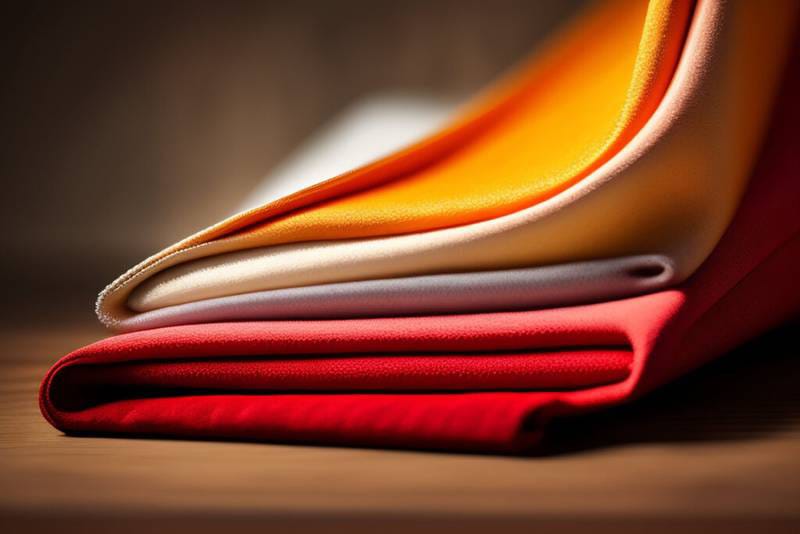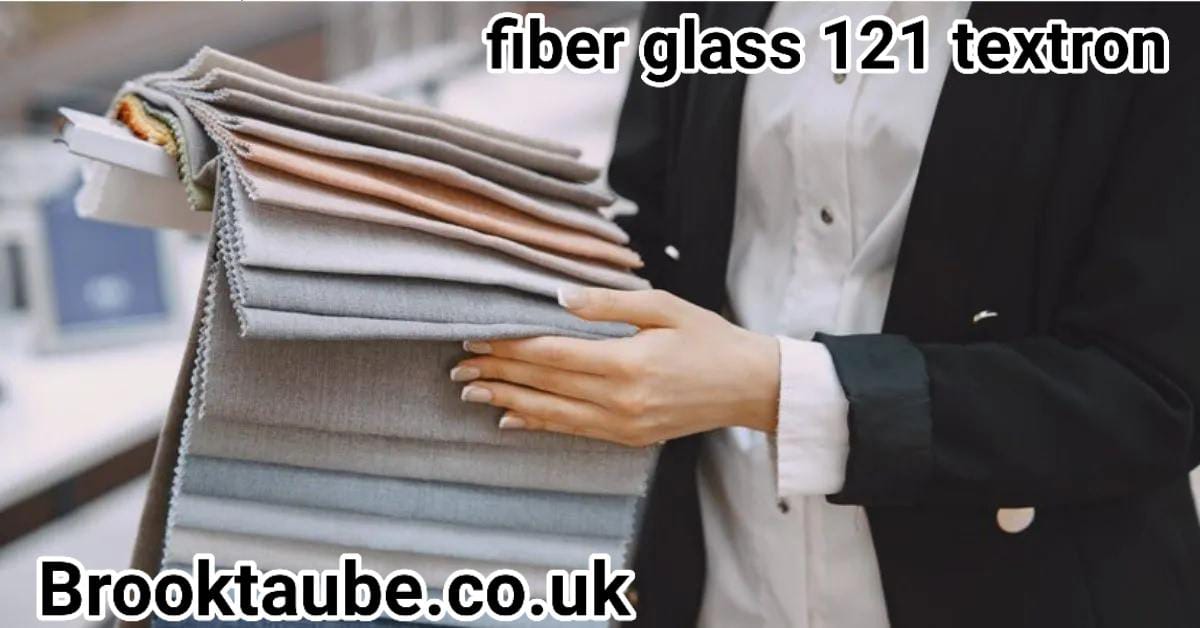Introduction
In the realm of modern engineering materials, fiberglass stands out as a versatile and essential component. Among the many variations of fiberglass, one particular type has captured significant attention: Fiber Glass 121 Textron. Known for its superior strength, lightweight nature, and resistance to environmental factors, this specialized fiberglass variant is widely used in numerous industries, from aerospace to construction.
Textron, a prominent name in advanced technology and manufacturing, has consistently provided innovative materials for engineers worldwide. Fiber Glass 121 Textron is one of their standout products, designed for high-performance applications. In this article, we will delve into the characteristics, uses, and benefits of Fiber Glass 121 Textron, as well as its implications for the future of engineering and manufacturing.
What Is Fiber Glass 121 Textron?
Fiber Glass 121 Textron refers to a specific grade of fiberglass produced by Textron, a renowned company with a long history in manufacturing high-quality materials. This variant of fiberglass is engineered for high-performance tasks, often used in fiber glass 121 textron industries requiring materials that offer a combination of durability, lightness, and resistance to harsh environments.
Fiberglass itself is a type of reinforced plastic made from fine fibers of glass. The strands of glass are woven together or combined with resins to create a robust, yet lightweight material. The primary appeal of fiberglass lies in its ability to be molded into various shapes and structures, while maintaining a high degree of strength and resistance to corrosion.
The “121” designation indicates a specific formulation or design of this fiberglass variant, which has been customized to meet the demands of highly specialized industries. Textron’s focus on innovation has ensured that this fiberglass is engineered for precision, meeting the rigorous standards required for various applications.
Characteristics of Fiber Glass 121 Textron
High Strength-to-Weight Ratio
One of the most significant advantages of Fiber Glass 121 Textron is its impressive strength-to-weight ratio. This material is much lighter than metals like steel or aluminum, but it can withstand considerable stress. Its strength makes it suitable for applications in aerospace, automotive, and marine industries, where high loads are common, and weight reduction is critical for efficiency.
Durability and Corrosion Resistance
Textron’s fiberglass formulation is built to resist environmental wear. Whether exposed to moisture, UV rays, or chemicals, Fiber Glass 121 Textron offers exceptional protection against corrosion and degradation. This characteristic makes it a popular choice for outdoor applications, including construction, marine engineering, and infrastructure projects.
High Thermal and Electrical Insulation Properties
Fiber Glass 121 Textron has excellent thermal insulation properties. It does not conduct heat as efficiently as metals, making it ideal for fiber glass 121 textron applications where temperature control is important. Additionally, its electrical insulation properties allow it to be used in high-voltage environments, where it prevents electrical currents from passing through the material.
Flexibility in Manufacturing
Due to its composition, Fiber Glass 121 Textron can be molded and shaped into various forms, allowing manufacturers to create complex designs. It can be used in a wide range of manufacturing processes, from molding to extrusion, which makes it a highly adaptable material for engineers.
Applications of Fiber Glass 121 Textron
Aerospace
In aerospace engineering, materials need to meet extremely demanding standards. Fiber Glass 121 Textron plays an important role in the manufacturing of aircraft components. Its lightweight nature helps to reduce the overall weight of an aircraft, improving fuel efficiency without compromising on strength and safety. Additionally, its resistance to extreme temperatures makes it ideal for both internal and external parts of aircraft.
Automotive
The automotive industry relies on lightweight materials for fuel-efficient vehicles. Fiber Glass 121 Textron is used in the production of automotive parts such as body panels, underbody shields, and interior components. The ability to resist impact, wear, and environmental degradation means that vehicles made with Fiber Glass 121 Textron are more durable and longer-lasting.

Marine Engineering
In marine engineering, fiberglass is often fiber glass 121 textron used in the construction of boats, yachts, and other watercraft. Fiber Glass 121 Textron is especially suitable for marine applications due to its resistance to water and corrosion. Additionally, its strength ensures that vessels remain structurally sound in harsh marine environments.
Construction and Infrastructure
In construction, Fiber Glass 121 Textron is used in a variety of structural applications. Its resistance to corrosion makes it ideal for use in environments that experience exposure to water or chemicals. Building materials such as pipes, ducts, and insulation products benefit from the superior strength and durability offered by this fiberglass variant.
Electrical and Electronics
The electrical industry often requires materials that offer insulation properties and the ability to withstand high voltage. Fiber Glass 121 Textron is used in electronic housings, power distribution systems, and other electrical components. Its high electrical resistance ensures safety and optimal performance in these critical applications.
The Manufacturing Process of Fiber Glass 121 Textron
The creation of Fiber Glass 121 Textron begins with the melting of glass raw materials, which are then drawn into fine fibers. These fibers are woven together to create a fabric, which is then impregnated with a resin that hardens the material. The result is a composite material that is both strong and lightweight, perfect for a variety of industrial applications.
Textron focuses on ensuring the fiber glass 121 textron consistency and quality of the fiberglass. Stringent quality control procedures are implemented throughout the production process to ensure that every batch meets the required standards. Whether the fiberglass is being used in a high-stakes aerospace application or in construction, it is essential that the material performs consistently and reliably.
Benefits of Using Fiber Glass 121 Textron
The widespread adoption of Fiber Glass 121 Textron across various industries can be attributed to the following benefits:
Cost-Effectiveness
Although fiberglass materials like Fiber Glass 121 Textron may initially seem more expensive than traditional materials, their long-term durability and performance can result in significant cost savings. The lightweight nature of fiberglass reduces fuel consumption in vehicles and aircraft, while its long lifespan reduces the need for frequent replacements.
Reduced Maintenance Costs
Fiberglass is highly resistant to corrosion and degradation, which means that components made from Fiber Glass 121 Textron require less maintenance. This is especially important in industries such as marine engineering and construction, where frequent maintenance can be costly and time-consuming.
Environmental Benefits
Fiber Glass 121 Textron is an eco-friendly material, fiber glass 121 textron primarily due to its durability and low environmental impact during production. Its longevity and resistance to environmental factors reduce the need for replacements, which in turn reduces waste. Furthermore, fiberglass is often recyclable, contributing to a more sustainable manufacturing process.

Design Flexibility
The ability to mold and shape Fiber Glass 121 Textron into complex forms opens up a range of design possibilities. Engineers can use this fiberglass in applications that demand unique shapes or intricate structures, providing greater flexibility in design compared to traditional materials like metals.
Safety
With its high resistance to fire, electrical currents, and extreme temperatures, Fiber Glass 121 Textron offers safety benefits in a wide range of applications. This material helps to reduce the risk of fires, electrical failures, and structural weaknesses, ensuring the safety of both the people using the products and the environments in which they are employed.
Future Prospects of Fiber Glass 121 Textron
Looking forward, Fiber Glass 121 Textron is poised to play an even larger role in the future of engineering. As industries continue to push for more sustainable and efficient materials, fiberglass composites like Fiber Glass 121 Textron will become increasingly important. In the aerospace and automotive industries, for example, the demand for lightweight, high-strength materials is expected to continue growing. The advancements in fiberglass technology will likely result in even stronger, more durable versions of Fiber Glass 121 Textron, making it a cornerstone material for future engineering projects.
Conclusion
Fiber Glass 121 Textron is a remarkable material that combines strength, lightness, and durability. Its wide range of applications across various industries speaks to its versatility and importance in modern engineering. Whether in aerospace, automotive, marine, construction, or electronics, this fiberglass variant continues to provide solutions that improve performance, reduce costs, and contribute to the sustainability of manufacturing processes. As technologies evolve, Fiber Glass 121 Textron is sure to remain a key player in the materials sector, meeting the challenges of the future head-on.
Also read this; honangen-sword
FAQs About Fiber Glass 121 Textron
What is Fiber Glass 121 Textron used for?
Fiber Glass 121 Textron is primarily used in industries such as aerospace, automotive, marine engineering, construction, and electrical applications. It is used in the production of lightweight yet strong components that require resistance to environmental factors.
What are the benefits of using Fiber Glass 121 Textron?
The benefits of Fiber Glass 121 Textron include its high strength-to-weight ratio, durability, corrosion resistance, and excellent insulation properties. It also offers cost savings over time due to its long lifespan and low maintenance needs.
Is Fiber Glass 121 Textron environmentally friendly?
Yes, Fiber Glass 121 Textron is considered an environmentally friendly material. It is highly durable, which reduces the need for replacements and minimizes waste. Additionally, fiberglass is often recyclable.
How is Fiber Glass 121 Textron manufactured?
Fiber Glass 121 Textron is made by melting raw glass materials and drawing them into fine fibers. These fibers are then woven together and impregnated with a resin to create a strong, lightweight material that can be molded into various shapes.
Can Fiber Glass 121 Textron be used in extreme environments?
Yes, Fiber Glass 121 Textron is known for its ability to withstand extreme temperatures, moisture, and harsh chemicals. Its resilience makes it suitable for use in challenging environments such as aerospace and marine engineering.
